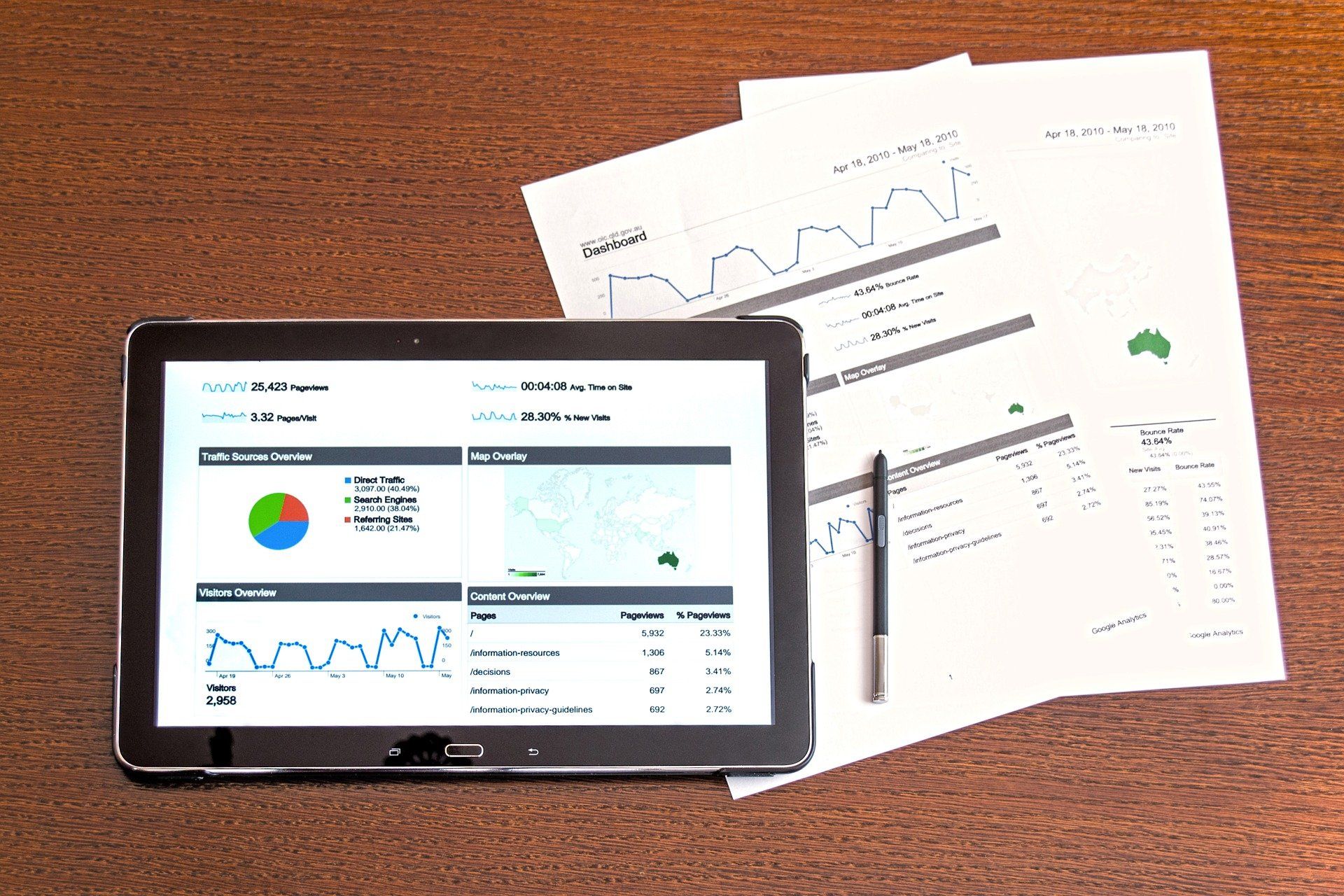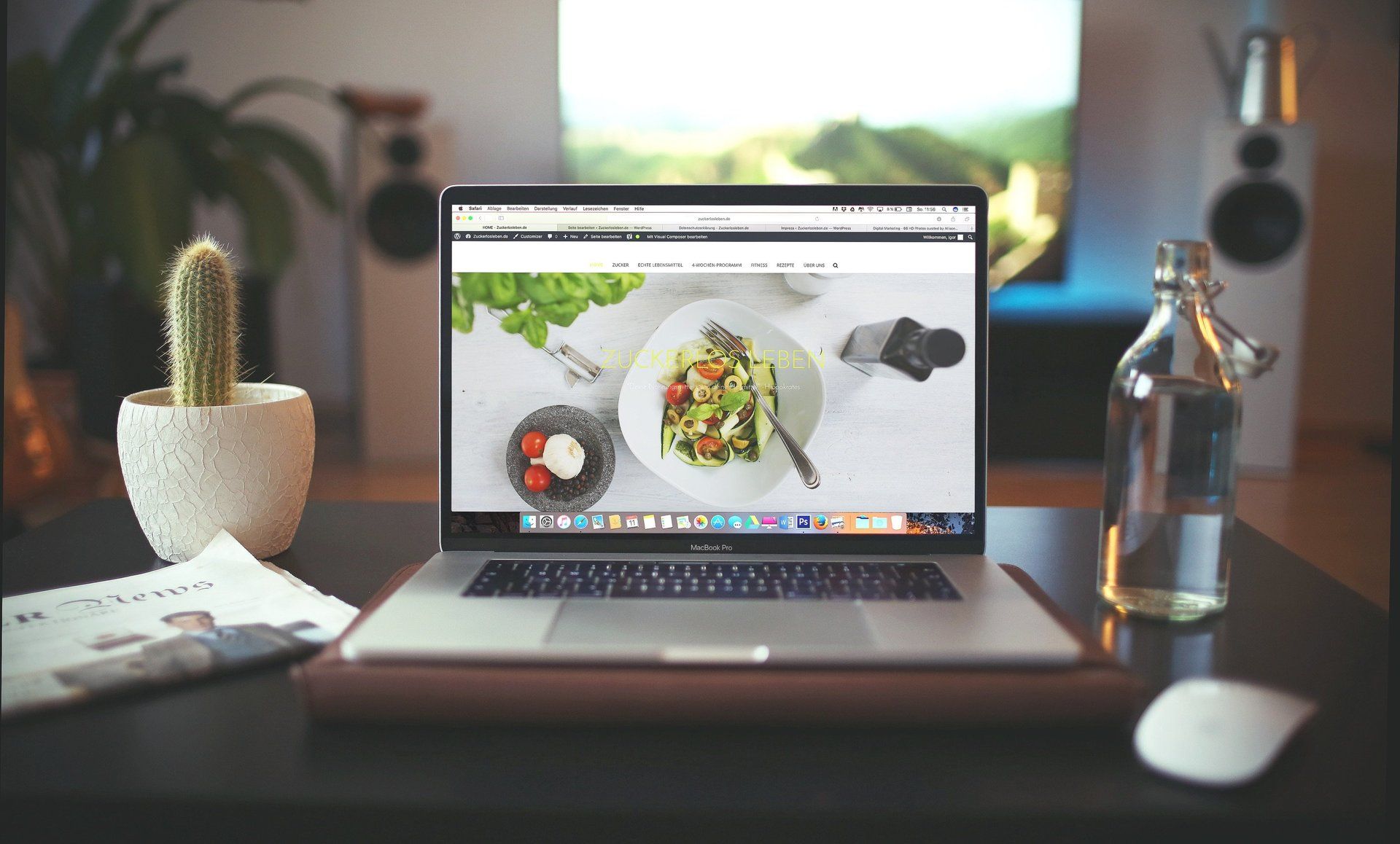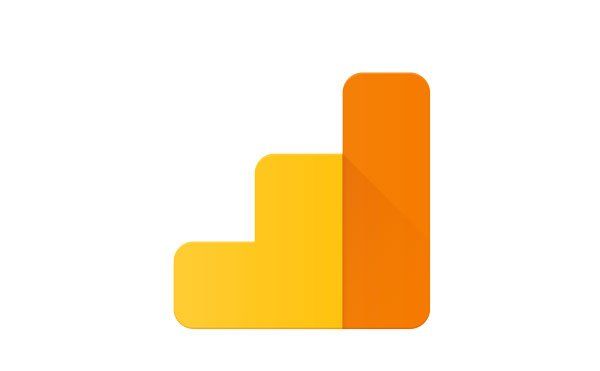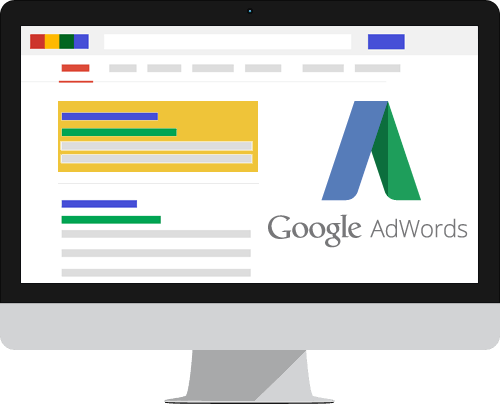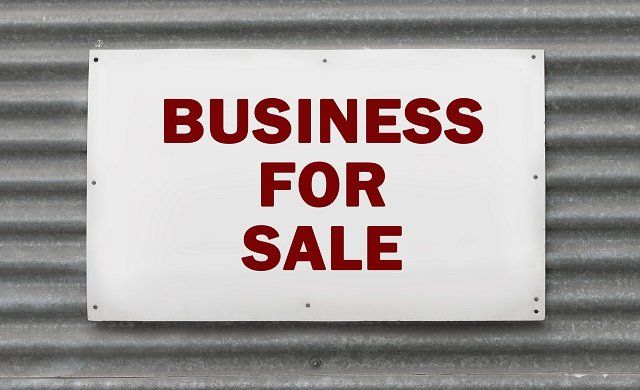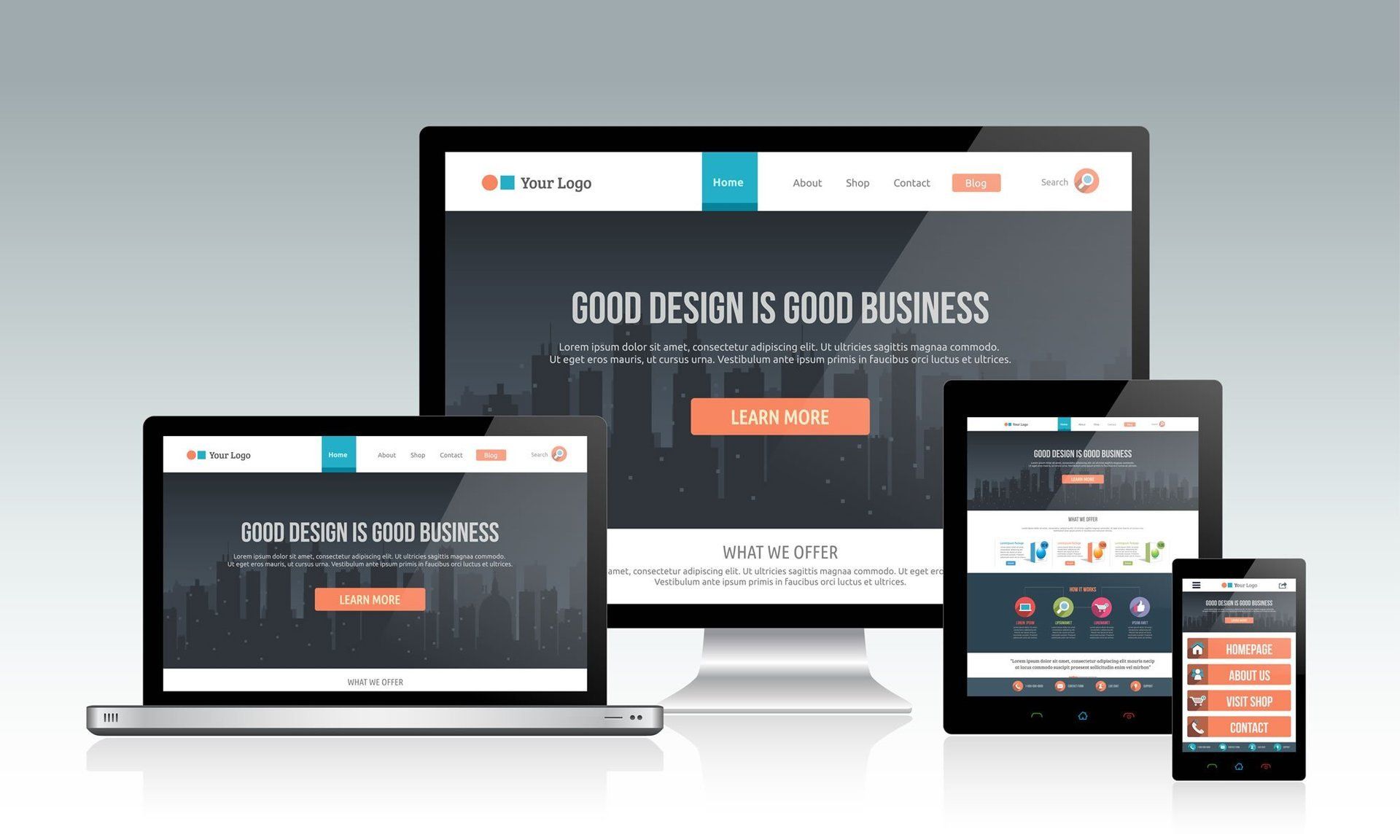Thinking about a Facebook business page?
- By Brian Thomas
- •
- 13 Apr, 2018
- •
We’re becoming increasingly numb to stats around Facebook. Latest estimates put monthly active user-ship at over 1.8 billion… yes, billion!
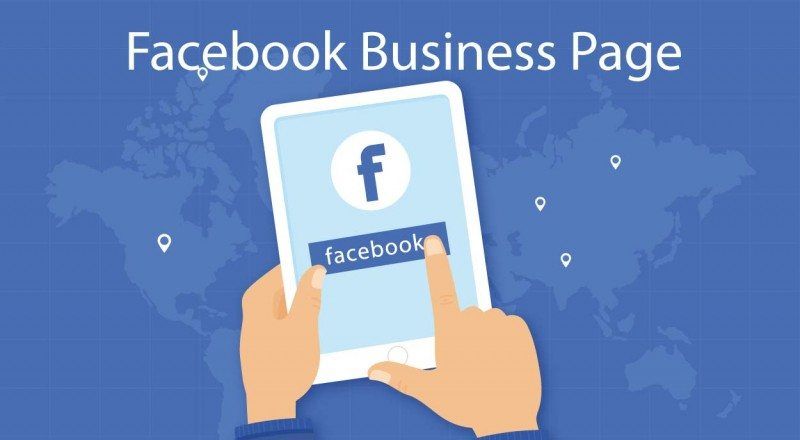
Thinking about a Facebook business page?
We’re becoming increasingly numb to stats around Facebook. Latest estimates put monthly active user-ship at over 1.8 billion… yes, billion! And each of these users spends an average of over 50 minutes a day on the platform. So it’s fair to say it’s way past time to start thinking about a Facebook business page.
One web commentator recently put Facebook into perspective this way: “For many, Facebook is the internet.” Did you notice that? Facebook and the internet are one and the same for many users - much like Google is the internet for many. Many Facebookers socialise, get news and shop on the platform. So is your business languishing in a state of denial, or have you joined the other 60 million businesses taking full advantage of the power of facebook for business? All businesses should have a profile on Facebook so, at the very least, your potential clients can get your contact details.
Facebook marketing is a huge field, but it can be approached relatively simply and business marketing on Facebook can achieve impressive levels of success.
In a nutshell, a Facebook Page is a public presence similar to a personal profile, but allows fans to “like” the business, brand, celebrity, cause, or organisation. Facebook allows a percentage of your Followers to receive content updates from the Page on their News Feed, while the business is able to raise brand awareness, deploy and track advertising, collect detailed audience insights and chat with users who seek customer service.
A quick word on Inbound Marketing
There are lots of ways to market to your audience using Facebook, but Inbound Marketing is definitely our favourite method. Inbound marketing is about being helpful and relatable to your audience, understanding their needs and helping them to overcome challenges and pain points. So it’s a good strategy to be reachable where they already spend their time - ergo, you need to be on Facebook.
Facebook tools assist with inbound marketing, help you form an authentic relationship with your audience and allow you to connect with consumers interested in your brand. It’s not about being pushy or salesy…
Setting up a Facebook business page
Pages are Facebook’s business or organisation profiles - similar to a personal profile for an individual. Pages show information specific to your business or organisation. Instead of being added as a friend, users connect with a business Page by “liking”or “following” it. If you decide to create a personal profile for your business instead of a Page, you run the risk of getting it shut down by Facebook and it’s back to square one.
There are several different categories of Page to choose from, ranging from Local Company, Organization or Institution to Entertainment, through to Cause or Community. It’s important you choose the right one for your entity. Choice of profile and cover pictures, descriptions and usernames are all important too.
How to get Facebook likes and followers
So how will you know whether your Facebook business Page is successful? The measure of success in social media varies based on your goals and focus, i.e. launching new products, building awareness, driving sales, or collecting leads. To achieve any level of success, you‘ll need likes or followers, so you’ll need strategies to get Likes from the moment your Page goes live and to grow your Likes into the future.
Typical strategies look like this:
- Fill out your Facebook Page with searchable information.
- Include Facebook Like Boxes on your website and blog.
- Invite existing contacts to Like your page.
- Invite employees to Like your page.
- Incorporate Facebook into your offline communication channels.
- Cross promote on Twitter and LinkedIn.
- Post valuable content.
- Be active.
- Use Facebook Ads to expand your reach.
- Run promotions that encourage your audience to “like & share” your content.
Posting content
There are many ways to engage with your audience, remembering all the time that you’re aiming to be helpful and relatable - not pushy or salesy.
Content ranges from: simply writing a post; adding an image (Recommended! Visual posts typically get about 2.5 times more engagement than no-visual posts); adding links, link your regular blog; adding a video; using Facebook Live to stream a live video to your audience; Facebook Instant Articles; and even Facebook Virtual Reality!
Once you‘ve mastered these techniques, you’ll be ready to start building an engaged community and promoting your Page through your website, customer and email contacts, as well as through additional social media channels.
How to Create a Facebook Marketing Strategy
Next up, you’ll need a successful Facebook marketing strategy and for this you’ll need a comprehensive understanding of your audience.
Persona: It’s a good idea to identify your audience’s persona (also called demographics and psychographics), identifying your typical customer so you can target, shape and adjust your content to their tastes, challenges and interests, etc. This will make your content more appealing and it’s more likely your audience will engage with it.
Whilst you’re at it, think about taking a look at your competitors’ pages and look for how often they post, the quality of the visuals they use, the mix of content and the levels of engagement they receive.
For a deeper understanding of personas, Facebook has a powerful, free analytics tool offered as a part of their ads platform called, Audience Insights.
Planning and Scheduling: You should view your Page as a long-term commitment. So it’s really useful to have a Facebook content calendar to plan your content and to use the scheduling tool for your posts for the optimum time base on your region and tactical goals.
Generating Leads on Facebook: The overarching goal behind investing time and resources into a Facebook Page is to turn your Facebook followers into leads - either by turning them into paying customers, or getting them to take an action that your organisation values. So you’ll want think about posting content that directs your followers to a form. You can do this by posting content such as:
Offers
Blog posts
Promotional videos
Register offers for an events or webinars
Again, aim to be helpful and relatable, not salesy - so don’t post everything for lead generation, but do trial different content and lead forms to see what works best and gets the best engagement.
You can also use Facebook Lead Ads to capture lead information from the Facebook platform and avoid the friction of a landing page and a longer click-through path. This feature allows potential customers to access your offers without ever leaving the Facebook app.
Look out for our next blog: "Setting up, running and measuring the results of Facebook ad campaigns" ...
To learn more or for help with Facebook marketing for business, Call us Now for a Free Consultation on 03 443 6650 or Click here to send us a message.
Acknowledgements: Hubspot





